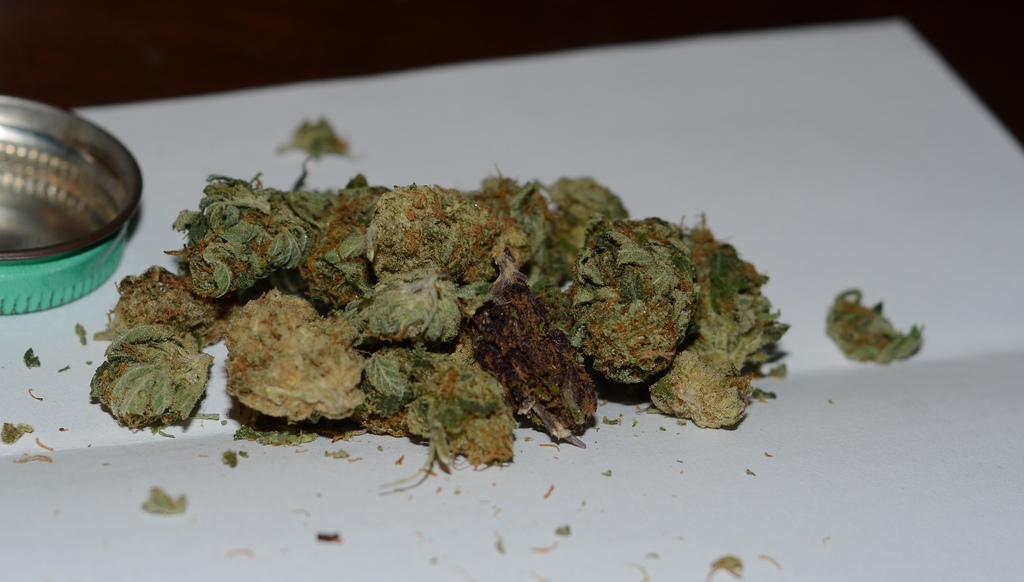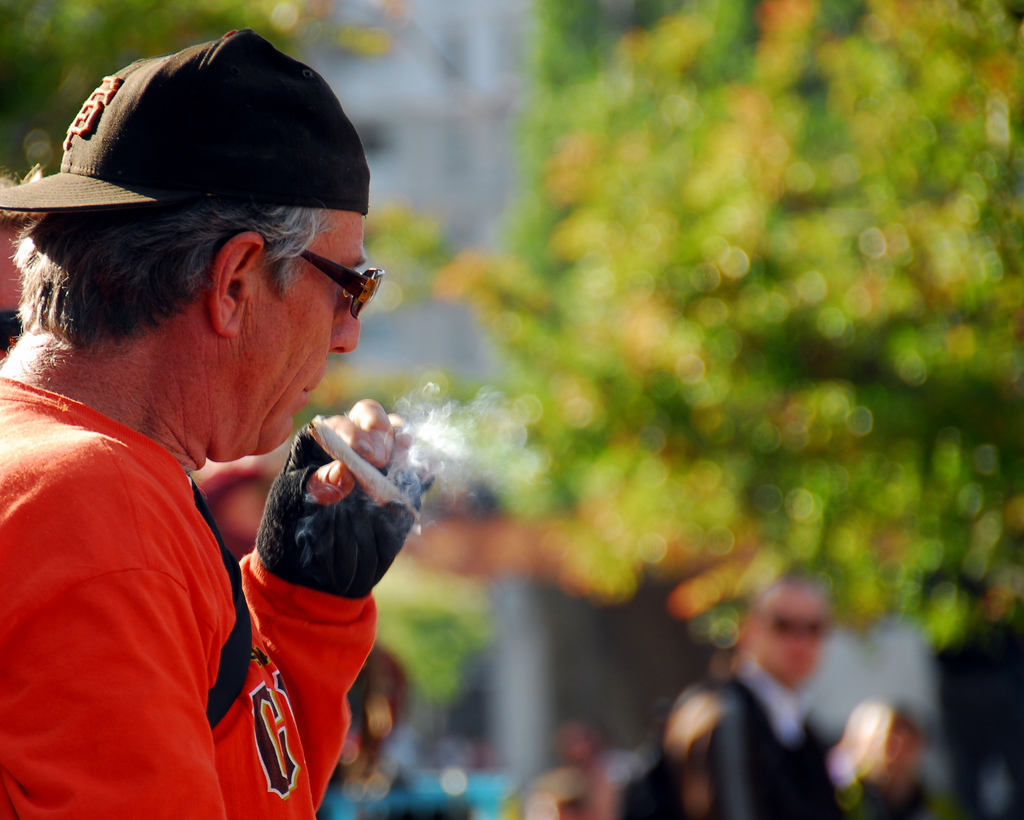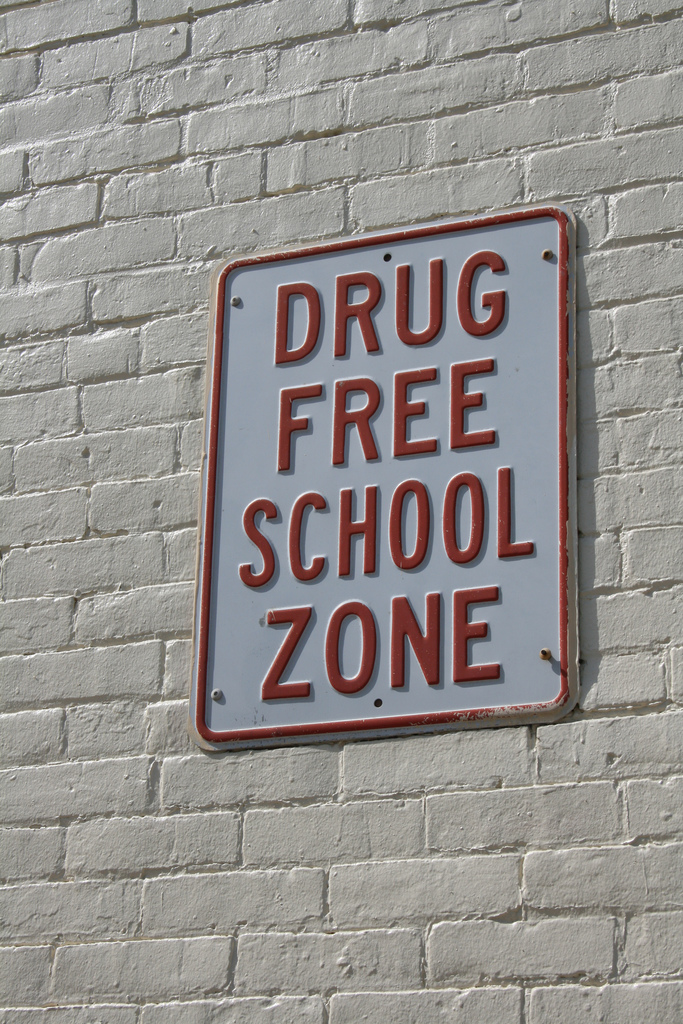
Medical Marijuana Law Needs to be Implemented Promptly
Many Massachusetts cities are towns are hoping to slow down or stop the medical marijuana ballot initiative passed by Massachusetts voters in November of 2012. The state’s voters legalized, by a wide margin, the dispensing of medical marijuana to ease the pain of those with serious medical conditions like ALS, cancer, and multiple sclerosis. A physician can prescribe marijuana for medical use, and a patient receives a registration card allowing them a 60 day supply. From the start, there is no ‘carte blanche,’ no unlimited access.
 However, an editorial in The Needham Times seeks to essentially draw a straight line from medical dispensaries to marijuana getting into the hands of youth “who would likely abuse it.” The view is expressed that there is direct linkage between dispensaries and marijuana falling into the wrong hands. However, this is a non-profit medical dispensary that we are talking about.
However, an editorial in The Needham Times seeks to essentially draw a straight line from medical dispensaries to marijuana getting into the hands of youth “who would likely abuse it.” The view is expressed that there is direct linkage between dispensaries and marijuana falling into the wrong hands. However, this is a non-profit medical dispensary that we are talking about.
Initially, the editorial attempts a seemingly more innocent ‘localized’ approach. That is, early in the editorial there is only commentary about supposed threats to Needham’s well-being. However, by the end of The Times editorial, the scope of the ‘go slow’ idea widens to encompass the entire Commonwealth. At that point, the real intent is clear. The opinion expressed goes beyond ‘nimby,’ that is, beyond the ‘not in my backyard’ syndrome. There’s a lot of geography across the state on which to scatter the up to 35 non-profit centers that the Department of Public Health is authorized to open in the first year. They are to locate at least one, but no more than finws non-profit treatment centers in each county.
The medical marijuana initiative was passed overwhelmingly, 58-37 percent. The framers of the referendum may have anticipated delay tactics. In their wisdom, specific deadlines were established. For example, DPH has 120 days, or until May 1st, to decide who will run the dispensaries, who will work in them and how they will be operated. It is time to honor both the intent and the specifics of the referendum. If Massachusetts moves forward promptly, it demonstrates democracy-in-action. If, on the other hand, local officials seek to impose their own obfuscatory politics upon the majority, ‘one person, one vote’ takes a beating.
Perhaps some of those that would block local dispensaries through new zoning restrictions don’t even fully believe their own rhetoric. Perhaps this issue simply provides certain politicians with a chance to impress their conservative constituencies. But Massachusetts voters have always been ahead of their political leaders on marijuana issues. We voted for decriminalization in 2008, and no disasters ensued.
Imagine if we so easily contravened the will of the people on other issues as well. When women’s suffrage became the law of the land, would we have tolerated a ‘go slow’ approach, because, after all, women might mess up with this new-found right? Would we have accepted that?
Meanwhile, the slight problem of the 58 percent remains. 58 percent of Massachusetts voters said ‘yes.’ They did not vote ‘maybe’ or ‘someday.’ One can’t help but ask, are the delaying tactics of a few now usurping the power, and the rights, of the majority?
Plus, it is not like the voters of the state have instituted some new radical policy lacking precedent. In fact, 17 other states now have provisions for the dispensing of medical marijuana to address the needs of patients with intractable or chronic pain. Appropriate and inappropriate ways of both setting up and operating medical marijuana dispensaries are already well-known. We do not have to re-invent the wheel in Massachusetts. Nor we do we need to design a new wheel ‘by committee,’ so to speak. A blueprint for the successful implementation of the ‘will of the people’ already exists.
Let us stop the re-zoning games, let the DPH do it’s job, and in so doing, show some respect for the ballot box.
If you are charges with a marijuana offense or other drug crime, call today for legal help.



